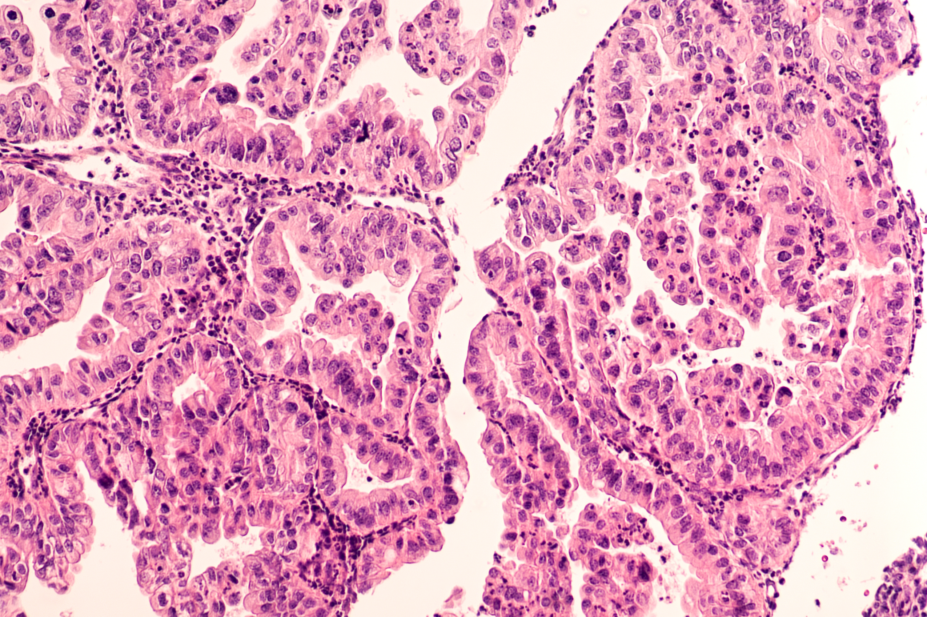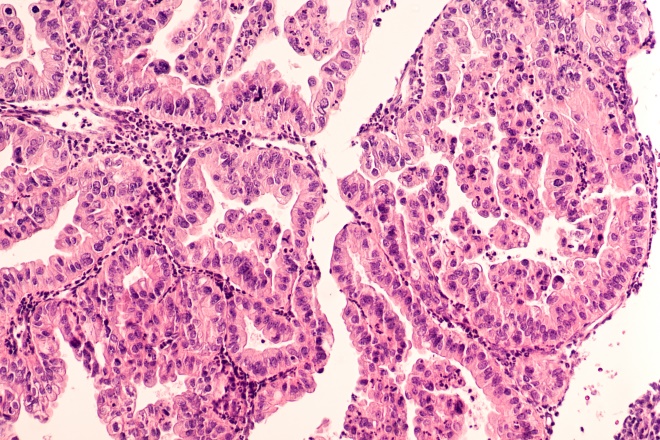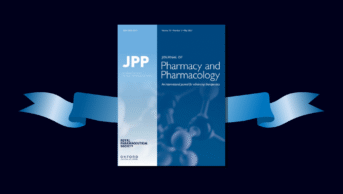
Shutterstock.com
Open access article
The Royal Pharmaceutical Society has made this article free to access in order to help healthcare professionals stay informed about an issue of national importance.
To learn more about coronavirus, please visit: https://www.rpharms.com/resources/pharmacy-guides/wuhan-novel-coronavirus

Source: Shutterstock.com
The report recommended moving away from the assumption that all cancer patients are vulnerable to COVID-19
Oncologists managing patients during the COVID-19 pandemic have been urged not to delay cancer treatment that could impact on patients’ survival, as not all cancer patients should be regarded as “COVID-19 vulnerable”.
Writing in the
Annals of Oncology
on 31 July 2020, members of the European Society for Medical Oncology (ESMO) said that at the start of the pandemic, patients with cancer were seen as particularly vulnerable, which led to “sweeping changes” in cancer management, including “abbreviation of radiotherapy, switching from intravenous to oral chemotherapy regimens, and the avoidance of immunotherapy”.
The authors said that while these changes were perhaps reasonable at the time, they were “instigated with very little evidence to support them”.
In particular, the authors noted a lack of evidence to show that immune checkpoint inhibitors, non-cytotoxic targeted therapies and some types of adjuvant or neoadjuvant systemic therapies are associated with increased complications or mortality from COVID-19.
“Although it was reasonable to adopt over-protective measures for our patients at the outbreak of a novel infective disease which was not previously observed in humans, we now need to step away from the assumption that all cancer patients are vulnerable to COVID-19,” said Giuseppe Curigliano of the European Institute of Oncology, Milan, and one of the report’s authors.
“The implications have been important, because for some patients treatment was delayed or interrupted over the last few months, and I believe that we will see the impact of this over-precautionary approach in the [near] future,” Curigliano added. “Based on current evidence, only patients who are elderly, with multiple comorbidities and receiving chemotherapy are vulnerable to the infection”.
David Cameron, clinical director of Cancer Research UK’s Edinburgh centre, said that “as cancer clinicians we are well used to trying to mitigate the risks patients face, and as the ESMO viewpoint says, the response of pulling back on treatments was understandable in the light of the paucity of data”.
“Going forward we must continue to make evidence-based therapeutic decisions: and I welcome the ESMO statement, as well as the many initiatives, including some major ones here in the UK, that have sprung up to collate the experience of treating cancer patients during the COVID-19 epidemic,” he said.
Cameron added that there was now “evidence of the detrimental effect of the pandemic on the number of patients presenting for diagnostic work-up for a possible cancer, as well as reduction in national cancer screening activities, both of which may lead to some poorer outcomes for cancer patients”.
A recent survey by Cancer Research UK found that around a third of patients with cancer said their treatment had been impacted by the effects of COVID-19 on the healthcare system.
On 3 August 2020, NHS England (NHSE) announced that £160m had been provided to extend the use of what it called “Covid-friendly” cancer treatments, after a series of deals between the NHS and pharmaceutical companies.
Some medicines could be switched to drugs that can be taken at home or have fewer side effects, avoiding the need for patients to attend hospital, NHSE said.


